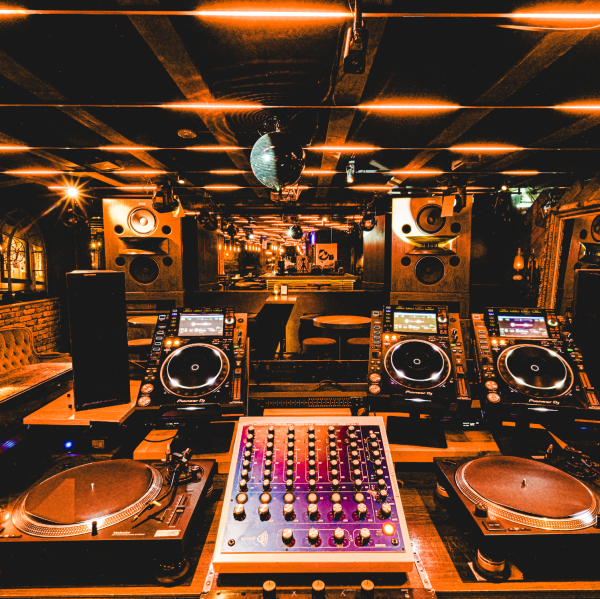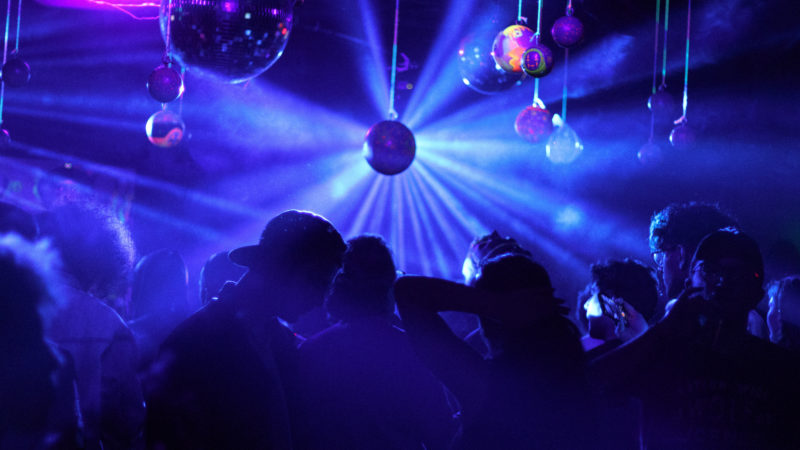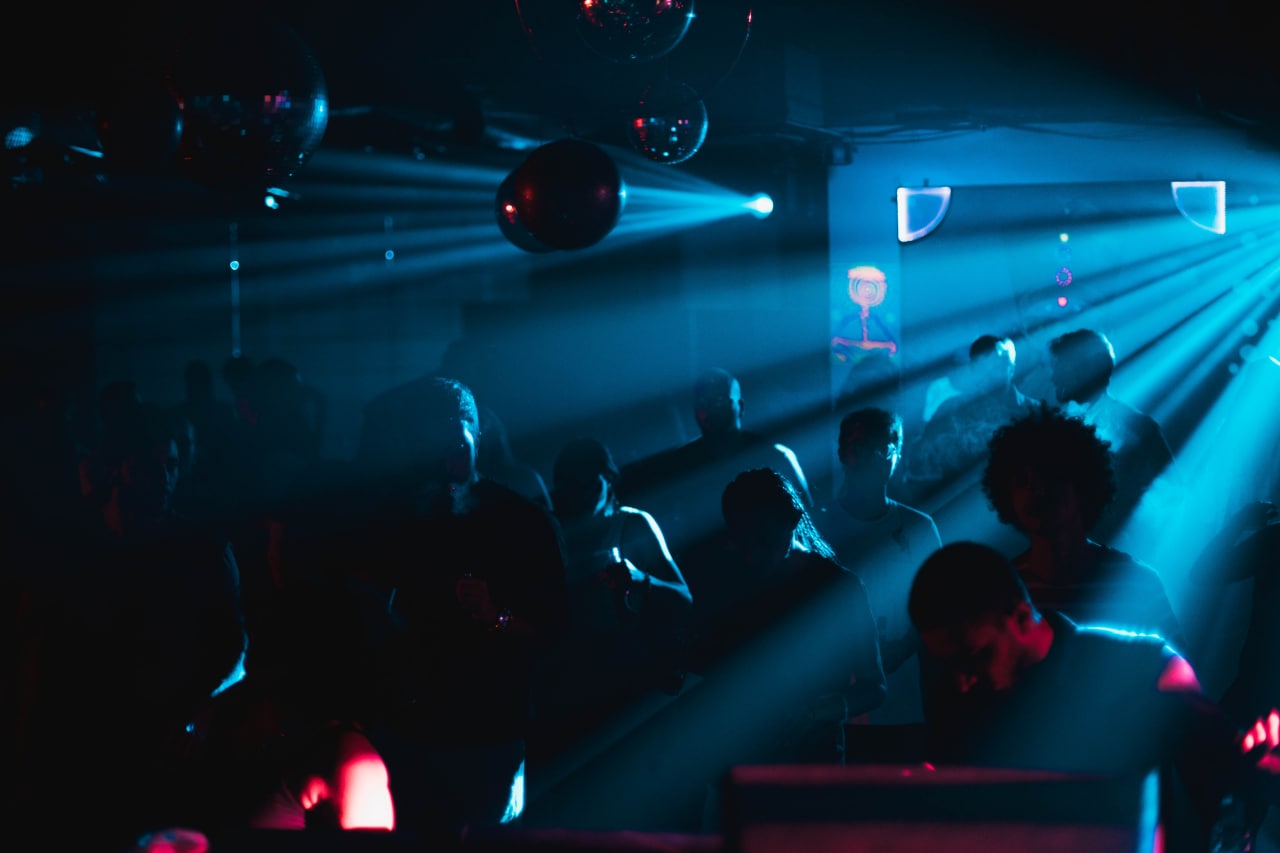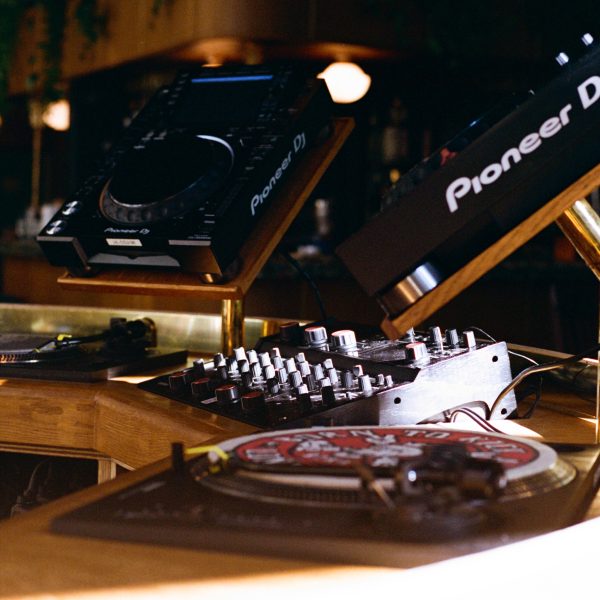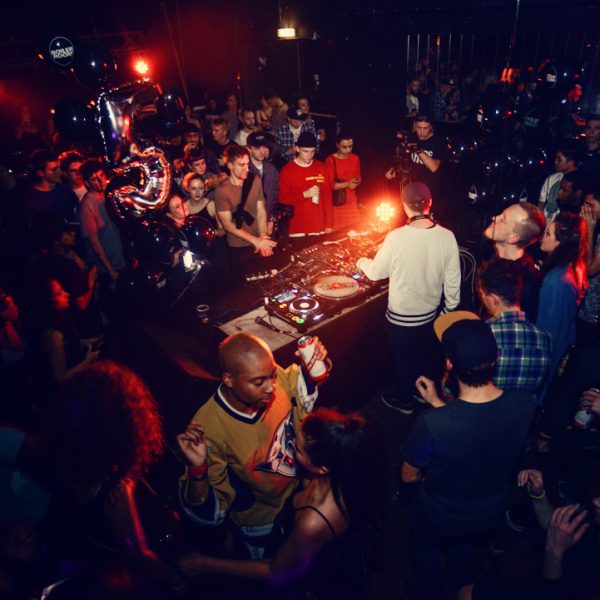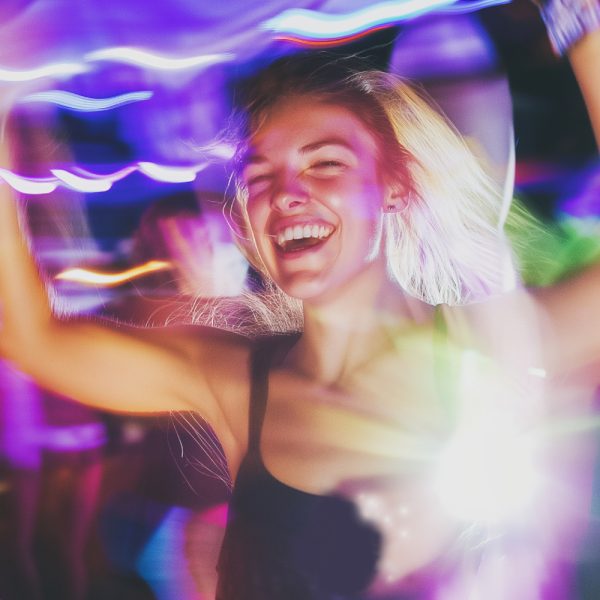The question of when it’s right to party was felt keenly by Ukraine’s club community when Russia invaded in February 2022, since the country had thriving a nightlife for almost a decade. Yet it was not the first time politics had set foot on Ukrainian dance floors—the two have been entangled since the scene’s earliest days.
“We must understand: There is no way politics will stay away from the dance floor,” said Anastasia Topolskaia, AKA DJ Nastia. Though her country had a decent local scene in the 2000s, she recalls that it was in 2013 that a new dedicated dance subculture emerged with the opening of notable clubs like Closer. “Wherever you went at that time, any kind of party, it was always quality,” said Topolskaia. “No cheesy hype, no fast food music. It was a solid wave and everyone was following it.”
Then just as the scene was taking flight, the protests started that would become the Maidan Revolution, a period of unrest resulting in the overthrow of the country’s president and precipitating Russia’s invasion of the Crimea, a precursor to the current invasion. During the protests, Topolskaia continued to attend parties. “Music is a place to escape reality,” she said, “just to forget, at least for a couple of hours, the day that you had, this nightmare which is happening.”
But sometimes, when the conflict got too real, too close, it didn’t feel appropriate to party. “Of course we didn’t make parties when people were dying in the main square,” she recalled. “Music is about enjoyment and being relaxed. If there’s a stressful situation outside you cannot do it. Sometimes we just had to stay home and get through the hell.”
Today these questions have become all the more urgent. Since the conflict’s major escalation in 2022, there has been regular fighting throughout Ukraine and tens of thousands of deaths. Many have fled the country, including Topolskaia and several other key members of the local scene. From afar, they have been able to raise awareness and funds via electronic music compilations and social media activism.
During lulls in the fighting, several groups put on parties that have to navigate the fresh challenges of curfews, electricity cuts and minefields in local parks. This has caused some controversy in the scene. “For some people the music and parties are an escape to forget the news they saw that day,” said Topolskaia. “They say that they must enjoy their lives because their friends on the frontlines are fighting to protect their lives and their ability to do things like this. But others think it’s not healthy at all. They think it’s insane to imagine that they could go to a party while their friends and family members are fighting with Russia and getting killed. These ideas have divided the scene and people judge each other.”
Topolskaia herself doesn’t take a side, but thinks this judgement is a destructive force. “If you don’t feel like going out and you don’t feel it will help you, then you better stay home,” she said, “but don’t judge others who need it. We need to respect that everybody is different.”
For a country with a seasoned club scene, during a time when life has turned upside-down and all certainties have been thrown into disarray, Topolskaia imagines that the dance floor might provide a powerful sense of hope. “Going to the club during this time might feel surreal but it also keeps your feet grounded,” she said. “You feel a connection with normal life, and can remember how life was before the war and believe that it will return after the war ends. That afterwards we’ll be able to return and start a new page.”
